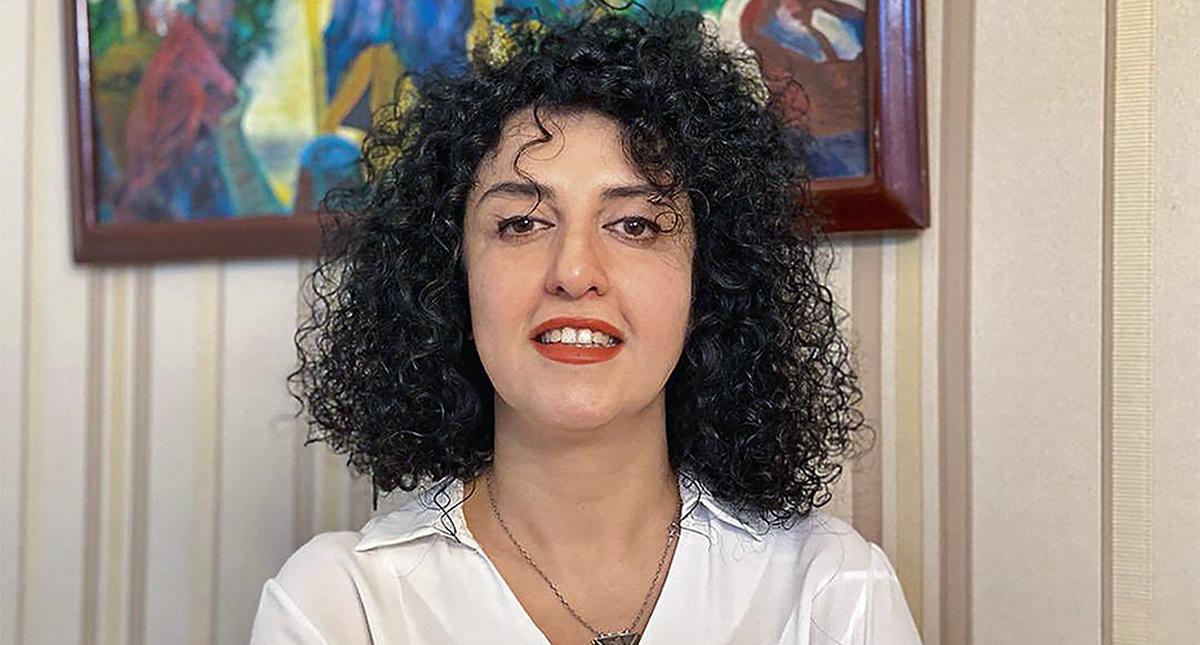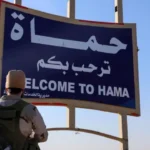In a significant development, Iran’s Nobel Peace Prize laureate has been granted temporary freedom for three weeks. This release comes amid widespread international pressure advocating for her complete and unconditional freedom. The renowned human rights activist, who has long fought for civil liberties and gender equality in Iran, has not been able to reunite with her family for years, making this brief reprieve particularly meaningful.
The temporary release follows persistent global calls for the Iranian government to show leniency toward individuals advocating for change. Despite this momentary reprieve, the activist’s freedom remains conditional, and her supporters are urging Iranian authorities to ensure her complete release and permanent safety. Her situation has highlighted the broader issues of political repression and the lack of freedom faced by many advocates in the country.
During her detention, she has become a symbol of resistance, both within Iran and internationally, inspiring movements that seek justice and human rights. The activist’s time away from her loved ones has underscored the personal sacrifices endured by those who champion freedom under oppressive regimes. The three-week release is seen as a hopeful sign, but activists emphasize that much more needs to be done to secure her release without restrictions.
Calls for her unconditional freedom are now being amplified by human rights organizations and world leaders, who stress the importance of addressing the injustices that have led to her imprisonment. The world watches closely, hoping this could mark a turning point for both the activist’s fate and the broader struggle for human rights in Iran.





